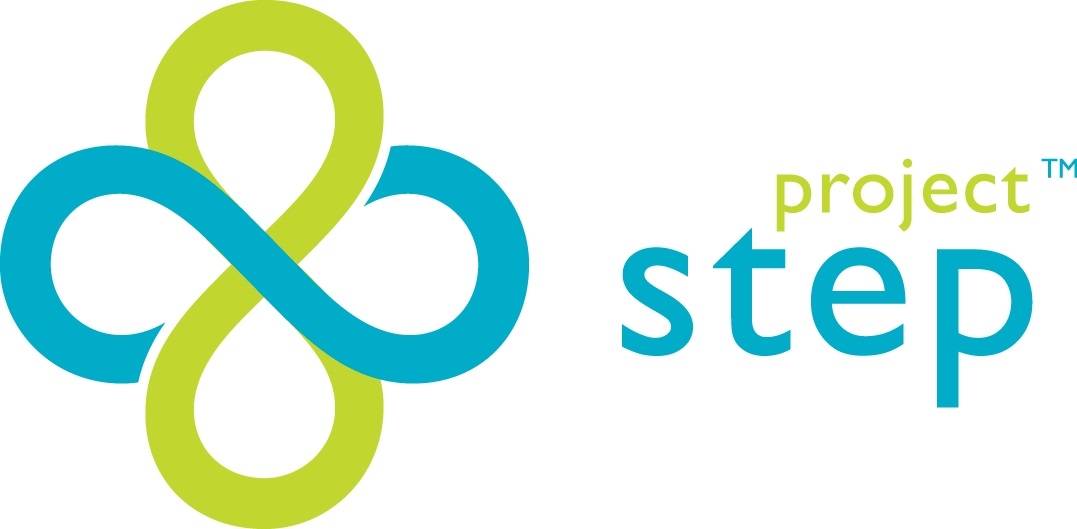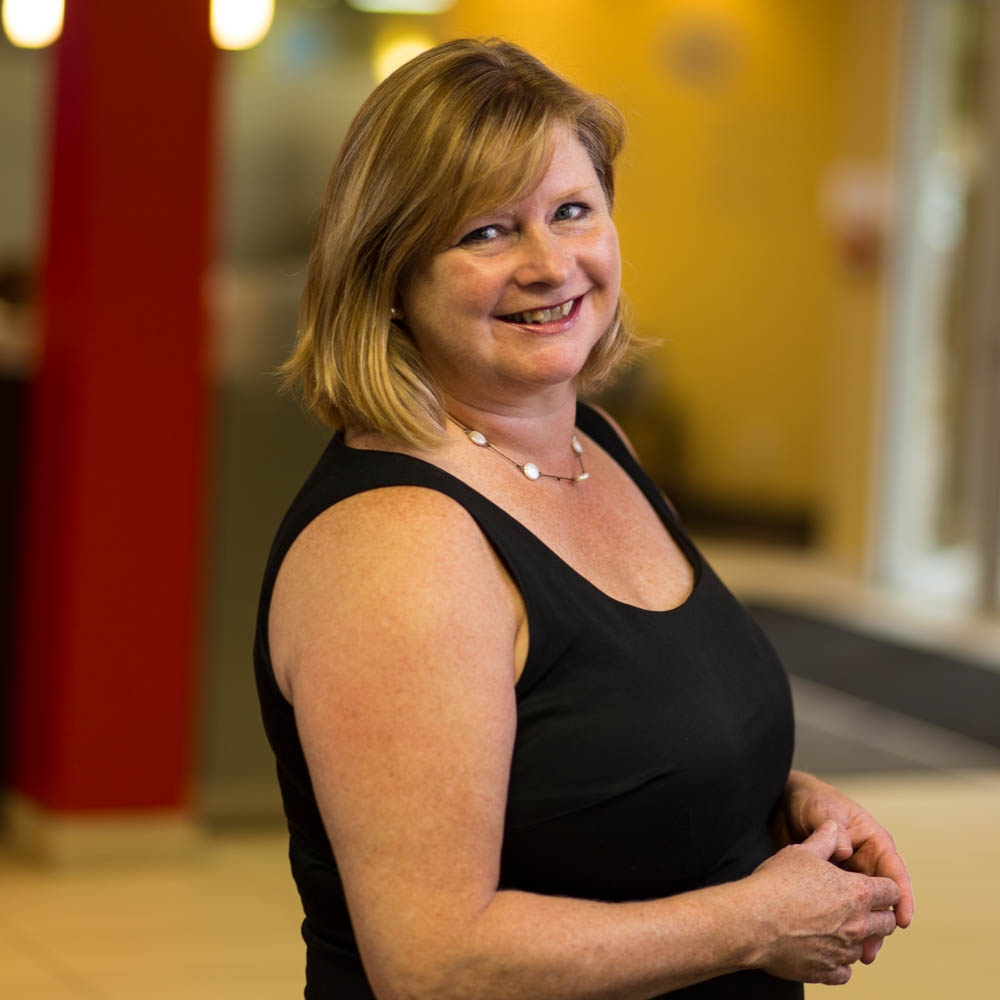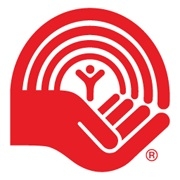
United Way Ottawa and Project Step: preventing, educating and supporting youth in Ottawa
Project Step is an award-winning initiative serving youth in Ottawa. Along with United Way Ottawa, they have been actively working so that adolescents in the capital city have access to counseling, support, education, and prevention regarding drug and substance abuse.
 United Way Ottawa works every day looking for new resources not only in economic terms but also through different ways to donate and contribute as you can. They also play a significant role constantly interacting with various communities and neighborhoods in Ottawa to identify the most urgent areas of need in young people, families, and schools, among others. It could be the main difference between this and other organizations as they do professional research which is contrasted with the constant interaction with the communities. Such hard work has been recognized through new partnerships, new donors, new activities across Ottawa and, above all, thanks to all those young people who have trusted and have gone ahead thanks to the help offered by Project Step.
United Way Ottawa works every day looking for new resources not only in economic terms but also through different ways to donate and contribute as you can. They also play a significant role constantly interacting with various communities and neighborhoods in Ottawa to identify the most urgent areas of need in young people, families, and schools, among others. It could be the main difference between this and other organizations as they do professional research which is contrasted with the constant interaction with the communities. Such hard work has been recognized through new partnerships, new donors, new activities across Ottawa and, above all, thanks to all those young people who have trusted and have gone ahead thanks to the help offered by Project Step.
In 2007, the orginization, together with 11 other partners, launched Project Step to work collaboratively to address the need for the support, treatment, education, and prevention of substance abuse issues facing youth in our community. At its outset, Project Step had two areas of focus: the development of residential treatment facilities for youth, and school-based prevention and intervention.
The use of drugs and substances in young people is not an isolated case. It is believed that the vast majority of young people, around 75% of them, manage to get out of the drug problem thanks to the network of support and advice they have. The family, the accompaniment of experts, the community and the education that is provided are indispensable to prevent drug use or to remedy such scenario, dealing with such phenomenon.
“One of the problems is that more and more young people are consuming drugs and alcohol at very premature ages, we are talking about 12 years old, for instance,” said Denise Taylor-Gilhen, Vice President of Community Impact at United Way Ottawa. She is the expert on how Project Step has been helping youth within the community. Project Step involves several partners, service delivery agents, and funders to combat youth addictions with United Way is one of the facilitators and funders of the initiative.
One of the keys to attacking this problem is to intervene in time, not to let the years pass and, above all, to never say: "this is not going to happen to me", "I am stronger", "This nothing has to do with my family, my friends, or with me." No case is so distant because we all can fall into this dangerous practice.
In fact, that is why Project Step provides the support vulnerable young people and their families which need to realize their potential. They have helped more than 7,700 students who have had access to the school-based counseling, 42,300 students have received education sessions, and 5,500 parents have obtained support.
All this timely intervention contributes to better care, a society more aware of the needs of its environment as well as prevents young people from using drugs and other substances, which leaves as a result homeless, criminality, unemployment, suffering mental and physical health problems, and in trouble with the law. With the legalization of marijuana and another set of political, social and cultural facts, it is more than necessary to support these initiatives that seek to find solutions from the most structural levels of society to reach the most sensitive points of each young person.
Low self-esteem, family problems, depressions, economic problems, or social rejection are added to the existing personal aspects that lead young people to seek refuge in drugs.
“We are happy to help anyone, and teach the community how is better to work together in real time and real life,” said Denise who also adds “we have specialists and experts in our team, we know how to intervene, but people need to understand that the sooner, the better.”
 “At United Way we believe in focusing at the neighborhood level. We use methods and techniques with which we support the child and youth with initiatives. We also use an early development indicators scale sent to actors of the neighborhoods in the city so that we can both see what kids are doing or what they are thinking. Thus, we decide where we need to put investments for early childhood development activities and programming that really helps those kids that, perhaps, because of poverty and isolation, language and other factors may be victims of drugs and other substances abuse.”
“At United Way we believe in focusing at the neighborhood level. We use methods and techniques with which we support the child and youth with initiatives. We also use an early development indicators scale sent to actors of the neighborhoods in the city so that we can both see what kids are doing or what they are thinking. Thus, we decide where we need to put investments for early childhood development activities and programming that really helps those kids that, perhaps, because of poverty and isolation, language and other factors may be victims of drugs and other substances abuse.”
In Ottawa, all the students at all high schools and alternative schools have access to school-based prevention, education and counseling thanks to work realized by Project Step and all the facilitators and funders. Thus, it has become an important part of ensuring more youth can achieve the healthy and balanced life all young people deserve.
There are many people who have benefited from Project Step, there are many other young people who deserve and need help. In any case, the task never ends. Young people will always have at their disposal the consumption of drugs, alcohol or other substances. In short, the mission is not to eradicate these substances; the mission is to work for future generations so that young people have tools to decide what is best for their path, what is good for them and what is not.
United Way Ottawa is changing lives in the capital thanks to its research, consultation, and analysis which allows them to identify where the communities need help, and where its investments will show the greatest results. Not in vain, United Way Ottawa works based on three principles: All that kids can be -all children are vulnerable. It is up to us to help them on time through prevention. From poverty to possibility – lack of resources can not mean lack of opportunity. We have to give children academic, cultural and social tools to face additions to any kind of substance abuse. And, healthy people, strong communities — easy access to the health system when it comes to mental health, depression or isolation. Healthy mind, healthy body and a successful society.
Nikki is one of the young women from the Youville Centre. She spoke for Ottawa Life about Project Step and her personal experience. She sought support and found hope. Her answers are quite powerful.
Ottawa Life: Why did you come to Youville Centre/Project Step for counseling services and support?
Nikki: I came to counselling because I was struggling with depression and anxiety and had used alcohol to self-medicate. I wanted to learn new ways to cope. I needed a new perspective and to accept the things I could not change from my past. I also wanted to stay in my relationship, but when it became abusive I needed the support to help leave it and break the cycle for my daughter.
What has changed in your life since you first started Project Step counseling at Youville?
Since attending counseling I have learned to get through my life struggles differently and not to rely on alcohol to escape my problems. I now face issues instead of avoiding them because my problem-solving skills are much better. Even though I haven’t accomplished everything that I want to yet, I still consider myself a success. I feel that I am a good mother, a strong woman and an advocate for women who have been in abusive relationships and have had issues with substance abuse and mental health. I am proud of the influence that I have on my daughter.
From your experience: what advice would you give to young people who are exposed to drug use, or who have already consumed, to change the course of their lives?
I would recommend to other young people who are tempted to use substances to seek the appropriate help they need by accessing counseling or other resources for substance use. I would also tell them not to be too hard on themselves as it only makes you feel worse. Self-esteem is a big part of getting better, so they need to realize that this process isn’t going to be perfect, but they can learn how to love themselves along the journey. By reaching out to professionals, they can get the support that they might not get from their family or friends.
There are a lot of speculations about drug use, and in the end each situation is different. However, I would like to ask you, in general terms, if you see some essential aspects which keep young people away from drug use? Family, friends, self-esteem, etc.?
I believe that the person’s environment plays a huge role and the people who you surround yourself with. I also think that being able to make positive decisions by weighing the pros and cons of a situation and the possible consequences of their decision help.
What was the most helpful part of the counseling you received?
Learning to make better choices and how to cope was important, but also trusting my counselor so I could be honest and open up about my past. I also learned how to understand my emotions and when to ask for help. Now I have learned how to deal with things on my own, I have better decision-making skills and can trust others. Even if things don’t work out, I’m not as hard on myself anymore because it’s all a part of the process of healing.








